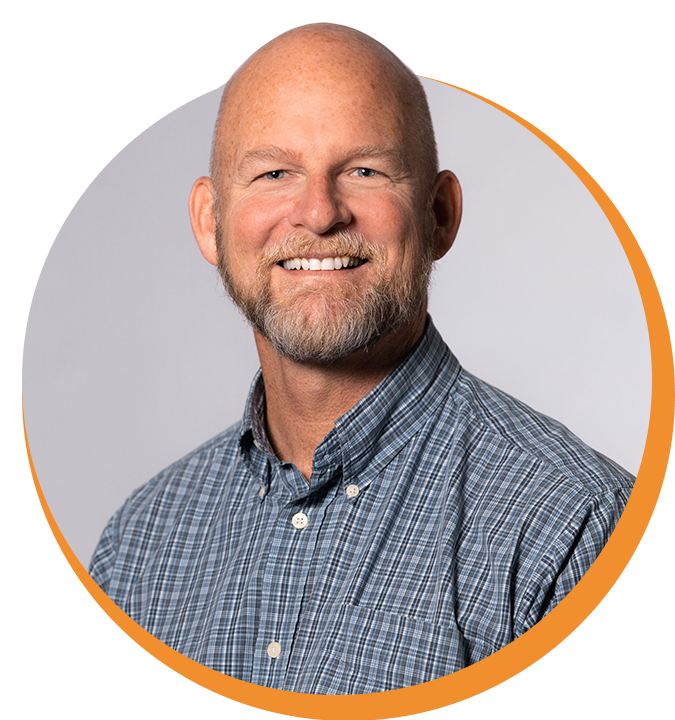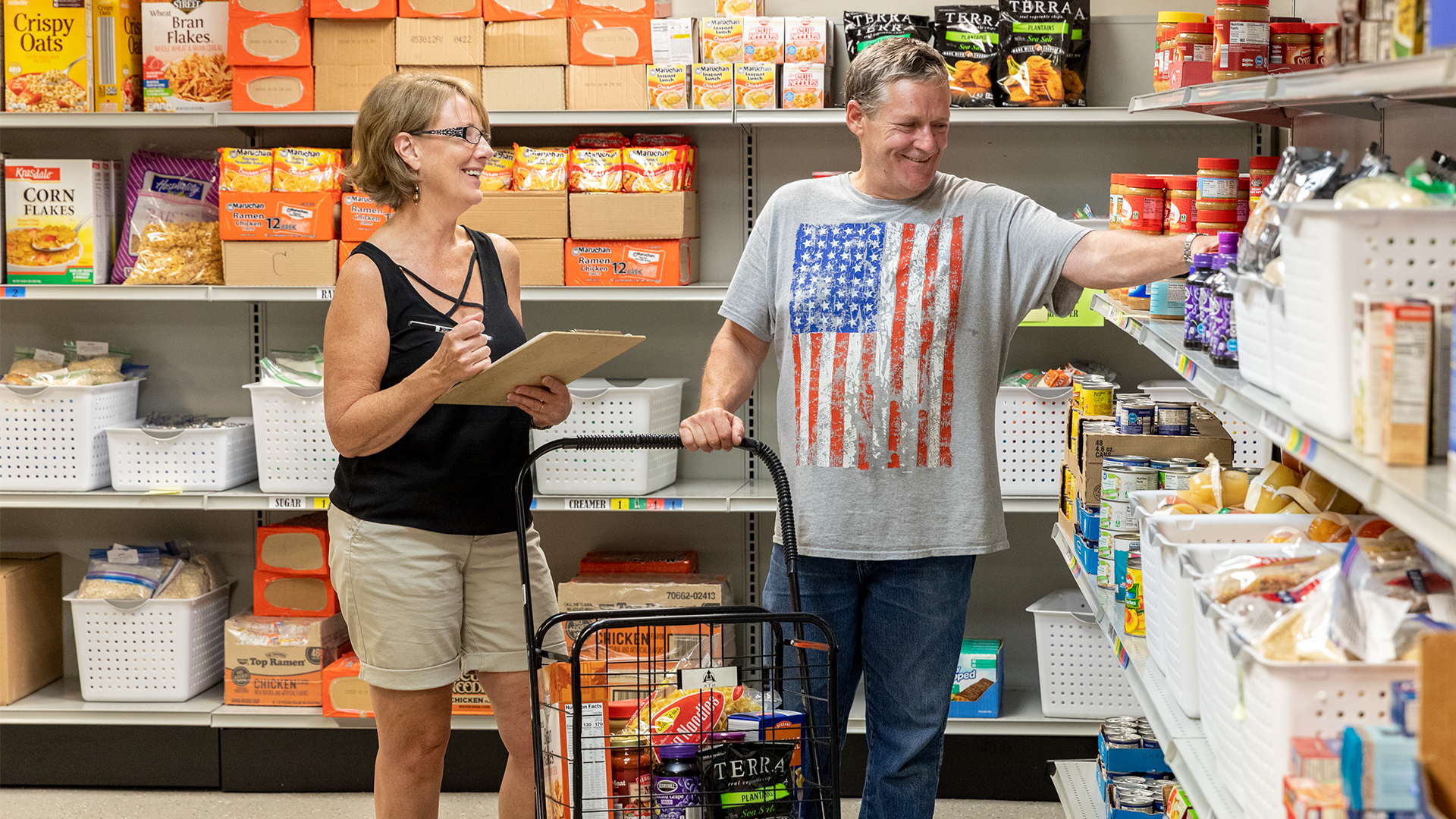Could the Private Sector Replace Food Stamps Tomorrow?: My Response to the Congresswoman

James Whitford
Executive Director
Read more from James
Time ran out before I could answer an important question asked by Vice-chair Adams at a recent U.S. Congress hearing before the Nutrition, Oversight and Department Operations subcommittee. Regarding The Future of SNAP: Moving Past the Pandemic, Vice-chair Adams asked,
“Do you believe that private charities and nonprofits could immediately and effectively provide for the 42 million Americans who are currently supported by SNAP?”
Eager to share from my experience running a homeless mission for some of those 42 million individuals on food stamps, I submitted a version of the following written response:
I am hopeful we can all agree that 1 American or 42 million Americans “supported by SNAP” is not optimal, and that our common ground upon which to rally is to see as few people as possible supported by the government.
When one of my favorite Presidents, Democrat Grover Cleveland, vetoed the Texas Seed Bill of 1887, he wrote,“…the lesson should be constantly enforced that, though the people support the Government, the Government should not support the people.” He also commented on the risk “federal aid” poses to the bonds between people.
“The friendliness and charity of our countrymen can always be relied upon to relieve their fellow-citizens in misfortune… Federal aid in such cases encourages the expectation of paternal care on the part of the government and weakens the sturdiness of our national character…”
I echo President Cleveland in arguing that “support” from the Federal Government has a myriad of disruptive effects that adversely impact the natural affiliations within family and community.
One church in my city partnered with an organization called the Pack Shack which facilitates “funnel parties.” The entire church assembled on a Sunday and instead of listening to a sermon, they packed 40,000 dry-stored, nutritious (and even good-tasting) meals during their normal two service times. I know—it’s a drop in the bucket—but it was one church on one Sunday. There are approximately 380,000 churches in the United States. If half of them did the same just twice per year, they would provide a meal to each of those 42 million people every day.
We might hope that SNAP is merely “supplemental” to what’s being provided by those more meaningful sources. Unfortunately, it’s not. An homeless man who resides and eats at our mission shared a letter regarding his SNAP benefits with me yesterday. It reads, “The amount of benefits you will continue to receive are: $234.00 thru 05/2022.” More astounding than the amount exceeding “supplemental” was this man’s response when I asked him if he was working. “No way,” he replied. The incentives in place for able-bodied individuals, along with those that make liquidation and abuse of the benefit commonplace, result in a woeful inflation of SNAP numbers compared to real need.
The more power the government holds, the less the people are empowered. Empowerment does not come by the simple transfer of wealth, but at the moment a person realizes he or she can create it. So, the more the government grows in its unmerited transfer of wealth to the poor, the less the poor person will find the flourishing life and freedom for which he or she was created.
I am not asking you to close the SNAP program tomorrow. I only hope you’ll consider that the involvement of the Federal Government in helping people in my community has also brought its share of hurt.
Lastly, please remember that the excellence of our nation stems in great part from its establishment as a republic. We were never intended to, nor should we be a nation ruled by mob nor by an elite aristocracy, but by the people. In his letter to John Taylor in 1816, Thomas Jefferson wrote;
“The further the departure from direct and constant control by the citizens, the less has the government of the ingredient of republicanism.”
Thank you for working with me to realize a grander America in which we have rightfully returned to the citizenry’s direct and constant control that which it does best: love and care for neighbors in need.
FURTHER RESOURCES


